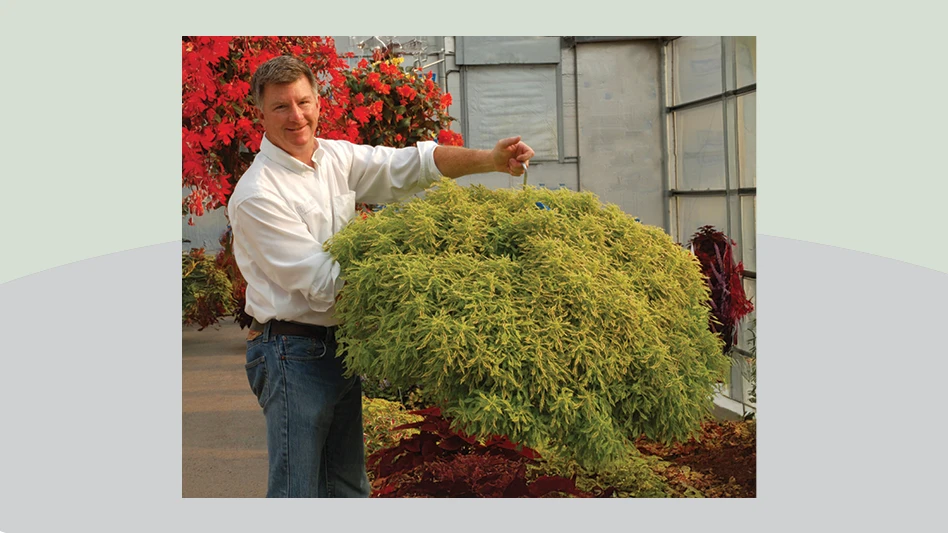
At Cultivate’18, AmericanHort’s senior vice president Craig Regelbrugge met with the Corso’s Flower and Garden Center management team to discuss how the business was faring after the June 6, 2018 raid at the Sandusky, Ohio-based business. Regelbrugge called the Corso’s team’s mood “somber” and said that it reminded him how business owners in the 1990s reacted when they were raided.
“The emotional toll I saw back then plays out in every one of these situations,” he says. “And Corso’s is no different. But I sensed that they are very resilient people and they’ll grit their teeth, put one foot in front of the other and get through it.”
In a post-Cultivate’18 interview with Greenhouse Management, Regelbrugge gave the following guidance to growers on what plans they should have in place when taking stock of their potential liabilities, and how to prepare themselves for a potential raid:
“The basic advice remains the same. I did have a chance at Cultivate to sit down with the Corso’s management team. We had been in touch with Corso’s immediately when the news broke and linked them up with the legal and related resources. We have kept a low profile talking about their case because obviously there’s an [ongoing investigation] and I would reiterate something that we’ve said before, that nearly any company in the industry could face this challenge. And companies that have prepared as best as they can and are diligent in their I-9 practices are likely to fare well in respect to an investigation.
Every good sermon has three points. … The first point is it’s wise to be prepared, to have a plan in place and to have a look at your I-9 practices. The things to think about preparation-wise in case it does happen are No. 1, knowing the legal guidelines and resources you have available. Point No. 2, and this is especially critical in horticultural operations the day after something like this happens, because [the] plants need attention, [is to ask yourself] if you have a plan in place in case you have a severe labor interruption. And No. 3, and this is going to vary company by company and based on the focus of the company, is reputation management. As we saw in the Corso’s case, the AP wire reporters had been tipped off and were present when this [story] broke. The administration was clearly looking for a high-profile media event and I think, given the rhetoric around the issue at this point, that’s not going to go away. Maybe a company doesn’t prioritize that, but I think a company — at least internally — [should] at least think about how they want to position [themselves], how do we want to message in our community versus simply deferring to allowing the federal agencies to be the messenger. So the community relations and management pieces are something that have to be given thought to. And if they want to be proactive in that way, they need to develop a communications plan.”

Explore the October 2018 Issue
Check out more from this issue and find your next story to read.
Latest from Greenhouse Management
- North Carolina Nursery & Landscape Association announces new executive vice president
- Plant Development Services, Inc. unveils plant varieties debuting in 2025
- Promo kit available to celebrate first National Wave Day on May 3
- Applications now open for American Floral Endowment graduate scholarships
- Endless Summer Hydrangeas celebrates 20 years with community plantings
- Invest in silver
- Garden Center magazine announces dates for 2025 Garden Center Conference & Expo
- USDA launches $2 billion in aid for floriculture growers





